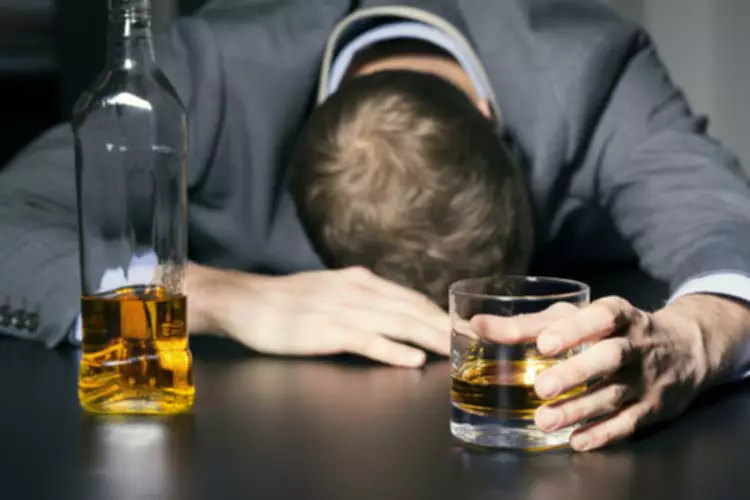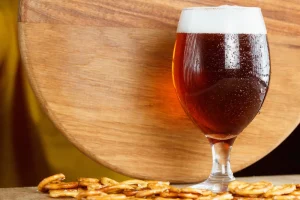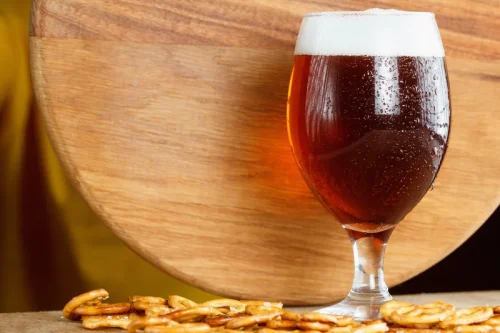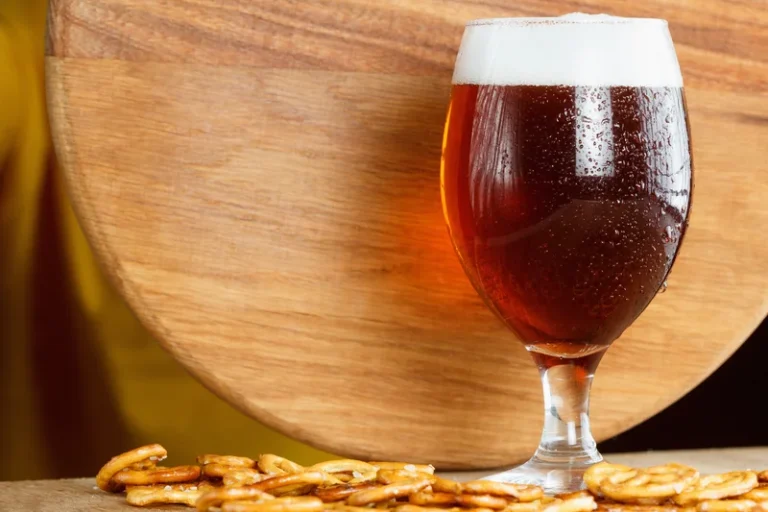Will Whiskey Help a Cold? Myths and Facts for Cold Remedies
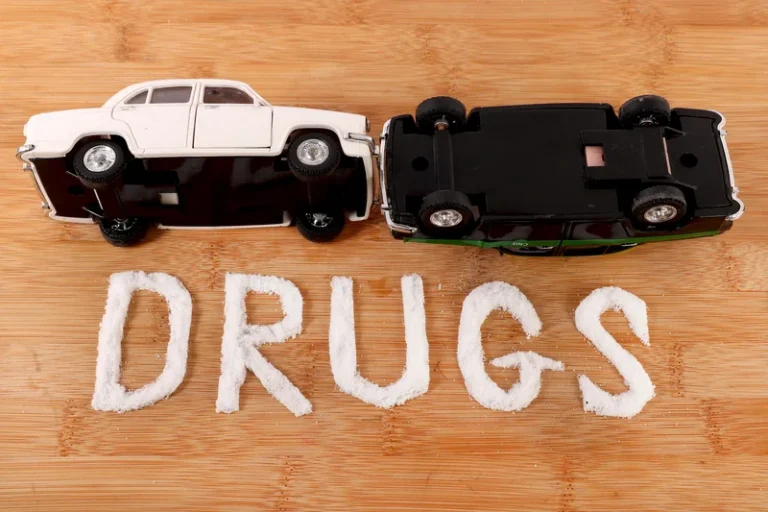
The onset of symptoms is usually noticed by slightly more laboured breathing after consuming alcohol. Most sufferers will first report minor breathing difficulties, traditionally accompanied by a noticeable increase in heart rate. Unfortunately, diarrhea is also a common symptom of alcohol intolerance. While it doesn’t happen to all individuals with this condition, it’s still fairly common.

Why You Get Stuffy Nose After Drinking Alcohol and How to Stop It

Alcohol can sometimes exacerbate nasal symptoms in individuals with preexisting conditions like allergies amphetamine addiction treatment or rhinitis. It’s best to monitor how your body responds to alcohol and avoid it if it worsens your symptoms. Alcohol is a common trigger for sneezing in some people, and the reasons behind this reaction can vary. While sneezing after consuming alcohol is not typically a serious issue, understanding the underlying causes can help shed light on why it happens. In addition to histamine, sulfites can be found in wine and beer, which may also irritate allergies for some people. Alcohol is not the only category of food/drink that can affect allergies in this way.
Can sneezing after drinking alcohol be inherited?
Following these symptoms is commonly a red flushing skin reaction lasting anywhere between 30 minutes to a few hours. The duration depends on the amount of alcohol consumed and a person’s sneezing after drinking alcohol tolerance to alcohol. If you’re allergic to another ingredient contained in certain alcoholic products, switching to a different drink might be an option. If you have an allergy, your immune system over-reacts to contact with a trigger or “allergen.” If you have an alcohol allergy, your immune system treats alcohol as a threat. Another possibility is that alcohol can induce an allergic reaction in some individuals. Certain components of alcoholic beverages, such as histamines and sulfites, can act as triggers for allergy-like symptoms, including sneezing.
Wheezing
- The doctor may refer the person to an allergy specialist for further testing and treatment.
- However, if you experience severe or persistent symptoms, it is advisable to seek medical advice.
- Occasionally, a doctor may ask a person to consume alcohol in a medical setting and observe any reactions or symptoms.
- If you’re looking for a way to prevent sneezing when you drink, try making your cocktails with fresh fruit juices instead of using pre-made mixes.
- If you find yourself sneezing after consuming specific alcoholic beverages, the culprit could be an allergy to certain ingredients in those drinks.
While beer allergies are rare, alcohol intolerance is a genetic condition found more commonly in people of Asian descent. Alcohol intolerance occurs when the body cannot break down alcohol efficiently, leading to immediate uncomfortable reactions such as a stuffy nose and skin flushing. The only way to prevent these reactions is to avoid alcohol or choose alcoholic beverages that do not contain the specific allergen causing the reaction. Drinking beer can indeed cause sneezing, a phenomenon sometimes referred to as beer sneezes. While it may be more common than you think, there is little scientific research on the exact number of people affected.
Asian Flush: The Surprising Connection to Anxiety and Depression
The body produces antibodies, and when they encounter alcohol, they set off a systemic allergic reaction. An alcohol allergy is when your body reacts to alcohol as if it’s a harmful intruder and makes antibodies that try to fight it off. Alcohol allergies are rare, but if you do have one, it doesn’t take much to trigger a reaction. If you suspect that your sneezing is triggered by alcohol, try observing whether it occurs consistently after drinking alcohol and if other allergic symptoms are present.
However, some individuals may find certain alcoholic beverages, such as wine or beer, more likely to trigger the sneezing reflex due to their individual sensitivities. Drinking plenty of fluids will help to thin out the mucus in your nose and make it less likely to trigger a sneeze. In this article, we’ll explore why sneezing and alcohol sometimes go hand-in-hand.
Some individuals may experience sneezing even after consuming small amounts. Unfortunately for wine-lovers, there’s a lot of things in wine that can cause negative reactions or intolerances. There is no conclusive evidence to suggest https://ecosoberhouse.com/ that alcohol-induced sneezing is inherited. It appears to be a unique reaction experienced by individuals based on their own sensitivities.
Some individuals might be sensitive to histamine, which can cause symptoms like sneezing, nasal congestion, or headache. There are few symptoms which need not to be ignored, like, swelling of throat which simply does not allow you to breathe. When such a situation occurs, you need to seek immediate medical help to get healed in a due time.

This will help to soothe the mucous membranes in your nose and prevent them from swelling and triggering a sneeze. In addition, beer is often brewed with hops, comprising a compound called lupulin. When you drink alcohol, it’s absorbed into your bloodstream and quickly travels to your brain. One is that alcohol dilates blood vessels in the nose, which can cause irritation and lead to sneezing. Additionally, some people may have allergies or sensitivities to specific ingredients in alcoholic beverages, such as grains, hops, or yeast. These allergens can trigger sneezing, nasal congestion, or other allergic symptoms in susceptible individuals.
Yes, certain ingredients in alcoholic beverages, such as sulfites in wine or hops in beer, can be more likely to induce sneezing in susceptible individuals. One theory suggests that alcohol-induced sneezing may be related to nasal congestion. Alcohol has been known to cause dilation of blood vessels, including those in the nasal passages, leading to congestion and potentially triggering sneezing.

